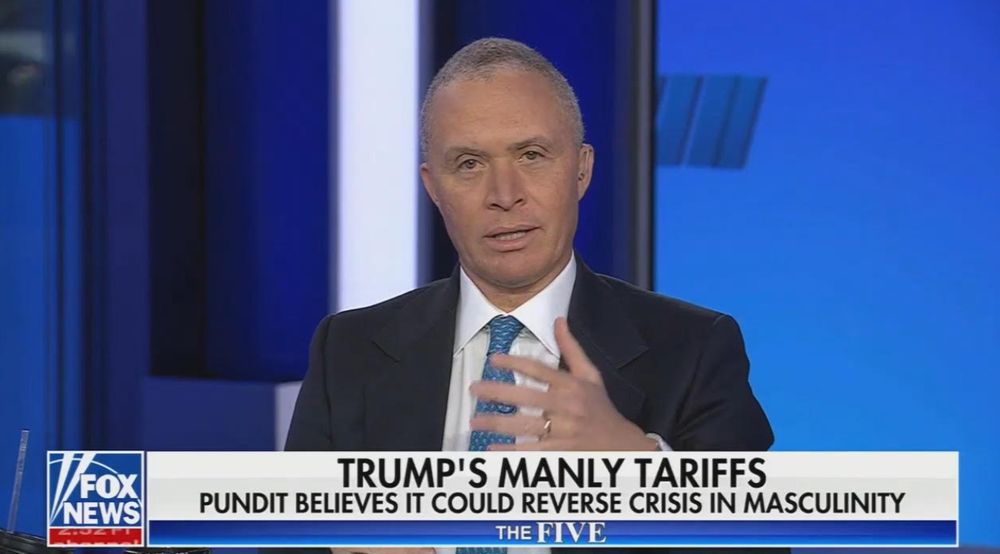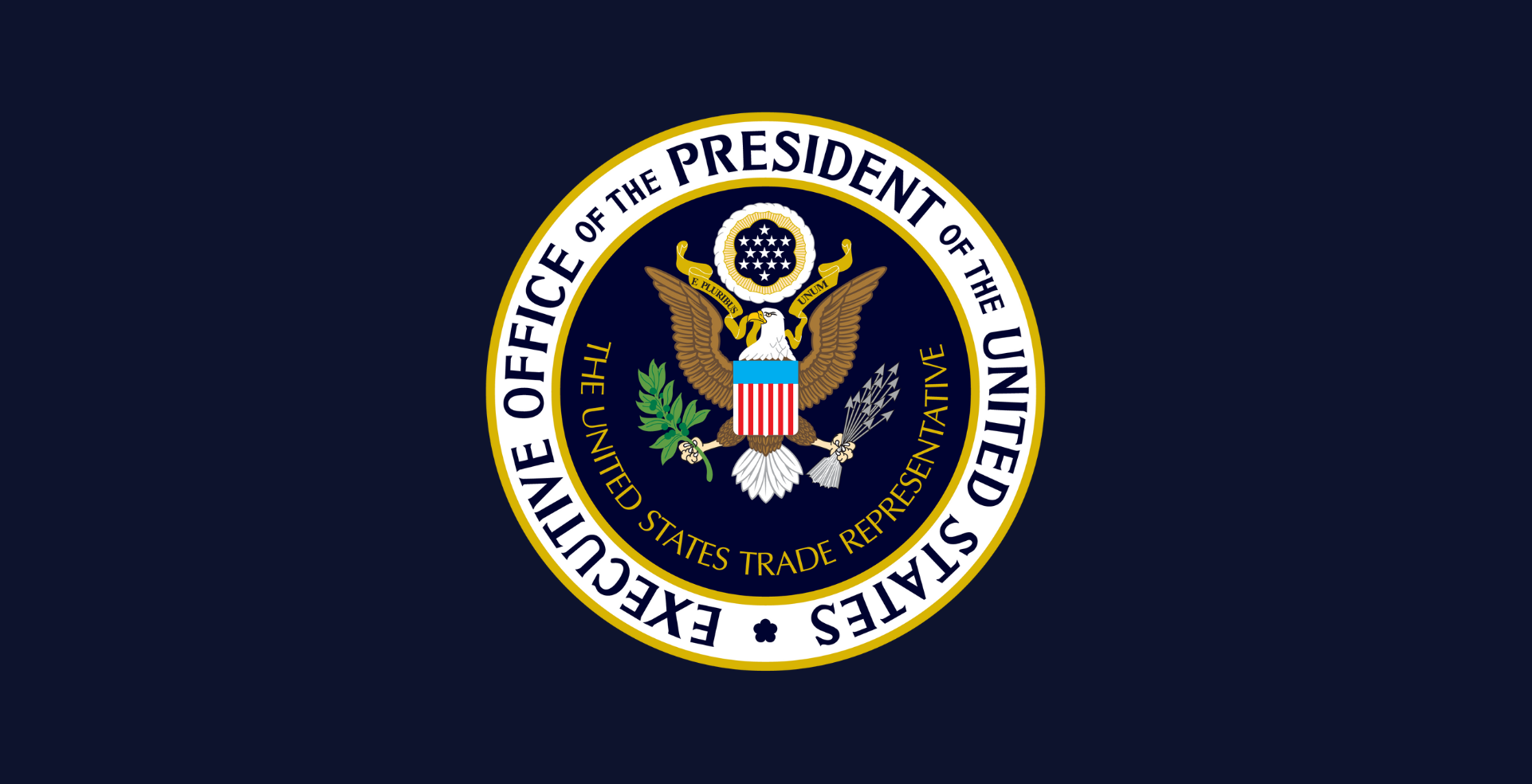There are signs that these countries are already growing wary of Beijing’s investment and the dumping of Chinese-made goods more broadly.

www.spectator.co.uk
"China has accused Washington of 'blackmail' and said it will 'fight to the end' after Donald Trump threatened overnight to impose an additional 50 per cent tariff on Chinese imports. At the same time, President Xi Jinping is seeking to present himself as a responsible champion of the international trading system and defender of globalisation against the Trump wrecking ball. Neither position bears scrutiny; the latter is almost laughable, since it is Beijing's persistent disregard of international rules that has fuelled the anger in America in the first place.
It all smacks of desperation and not the 'super economy' of CCP propaganda
As part of its strategy, the Chinese Communist party is seeking to downplay the impact on its 'super economy', as the
People's Daily described it at the weekend, insisting the country is strong and resilient. More sympathetic foreign journalists have received tours of high-tech facilities. 'I saw the future. It was not America', declared Thomas Friedman in the
New York Times, after he was shown Huawei's Shanghai campus. A credulous Friedman, who praised China's spending splurge after the 2008 global financial crisis and later asked, 'What if we could just be China for a day?', lauded Beijing's efforts at AI-driven innovation in order 'to be permanently liberated from Trump's tariffs'.
There is more than a touch of the Potemkin about this, since China's economy is in a bad way. It is suffering the lingering effects of a property collapse (responsible for a quarter of the economy), heavily indebted and saddled with massive over-capacity. Few companies are making money and Xi's efforts to export his way out of trouble, with heavily subsidised renewable energy tech leading the way, is especially vulnerable to tariffs.
While it is true that Beijing has been preparing for trade hostilities, it is unlikely to have anticipated tariffs on this scale. One tactic has been to shift investment and trade away from the US: China's direct shipments of goods to America as a share of total exports shrank from 19.2 per cent in 2018 to just under 15 per cent in 2024, according to Chinese customs data. Yet much of this has been achieved by transhipping goods via Vietnam, Thailand or other parts of southeast Asia. Chinese investment in this region has soared, but with a heavy emphasis on assembly plants bolting together Chinese components or simply re-badging goods as made somewhere else other than China.
Trump appears to have been wise to this, imposing heavy tariffs – particularly on Vietnam – and trade talks with southeast Asia will no doubt focus on these transhipments. There are signs that these countries are already growing wary of Beijing's investment and the dumping of Chinese-made goods more broadly. According to figures from the World Trade Organisation (WTO), 66 anti-dumping investigations were initiated against China in the first half of 2024 alone, more than in all of 2023. Even Beijing's good friend Russia has got in on the act, initiating a complaint about the flow of cheap Chinese cars into the country. There is little mood for accepting cheap imports that might be redirected from the American market.
Trump's latest threat is to impose an additional 50 per cent tariff (bringing the total to 104 per cent when all tariffs are combined) if China does not retract a 34 per cent tariff on US goods, which it announced last week in response to Trump's imposition of the same figure. Beijing also announced further restrictions on the export of rare earths, which are used in the manufacturing of batteries, electric vehicles and other high-tech goods, and added 16 US companies and organisations to an export control list, which restricts Chinese companies from doing business with them.
'Putting "America First" over international rules is a typical act of unilateralism, protectionism and economic bullying,' said China's Foreign Affairs spokesperson Lin Jian – apparently with a straight face. The reality is, of course, that since it joined the WTO in 2001, Beijing has relentlessly gamed the system, largely ignoring its obligations. As President Barack Obama noted in his memoir
A Promised Land, China's rise has been facilitated by systematically 'evading, bending, or breaking just about every agreed-about rule of international commerce'. The cyber theft of technology and other know-how continues on an industrial scale.
In recent weeks Xi has sought to reach out to international businesses, seeking to assure them that China is a welcoming place to invest – having spent much of the last decade oozing hostility towards them. He has also sought to boost the role of private companies, particularly in the tech sector, which under his rule have faced a relentless crackdown, with entrepreneurs purged from the companies they set up – or have simply disappeared.
There's also the option of a sharp devaluation of the Renminbi, China's currency, to help prop up exports by making them even cheaper. This, however, is likely simply to further inflame anger among the increasing ranks of countries annoyed by Chinese dumping.
It all smacks of desperation and not the 'super economy' of CCP propaganda. Xi is unlikely to remove the 34 per cent retaliatory tariffs on US goods as demanded by Trump. That would be an enormous loss of face. Trump, on current form, will go ahead with his additional 50 per cent. Xi could then hit high-profile targets – Apple and Tesla, for instance, both heavily reliant on the Chinese economy. But both have been important partners for Beijing in modernising its technology supply chains and cheerleaders for engagement with China. For all the bravado coming from Beijing, the Chinese economy is highly vulnerable and will come off worse from the slugfest that is now gathering pace."









